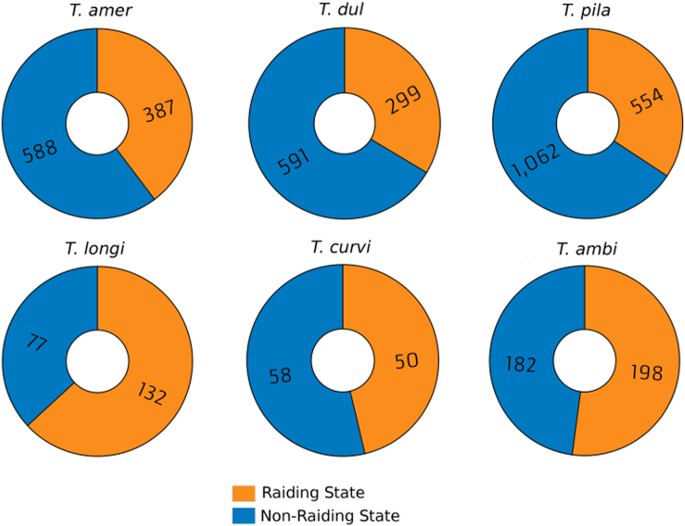
In addition to writing novels and varied non-fiction works, he was an activist, working throughout his life for arts education, diversity in education, and anti-poverty initiatives, and spending two years as an advisor to the governor of North Carolina in the 1960s. In one snippet we learn that a man’s feelings “‘ain’t like a wart on his thumb, to be took off with ashes.’” In another, someone new to the neighborhood is told “‘…there was two nice new people last autumn, but they got et by snakes…’” A woman says she’s not finished making supper because the bread is not browned, “‘I ain’t served brownless bread yet, and I’m not going to take up shiftless ways.’” The voices are extraordinary.īrowning was an essential step in making my venison stew tender and flavorful.Įhle began his career as a writer of radio plays, and later married actor Rosemary Harris (their daughter is the actor Jennifer Ehle). The books are worth reading for the dialog alone. The effect feels like a correction to some of the more sanitized versions of early American history (including ones I’ve previously cooked from). That family history must have been oral to some extent and peopled by multitudes, because the book and the ones that follow it have a breadth of characters and an ornate, backwoods-vernacular prose style that brilliantly captures the time and place.

It reflects, to some extent, Ehle’s family history the writer’s mother came from one of the first three families to settle the western mountains of North Carolina in the eighteenth century, according to the book’s introduction. The story begins in 1779, with two former indentured servants, Mooney and Imy Wright, arriving at a chain of mountains that have been “left but lately” by the Native Americans.

The Land Breakers was published as a standalone work by New York Review Books in 2014.

I made pickled green beans, a welcome lightening-up of a Thanksgiving standby.


 0 kommentar(er)
0 kommentar(er)
